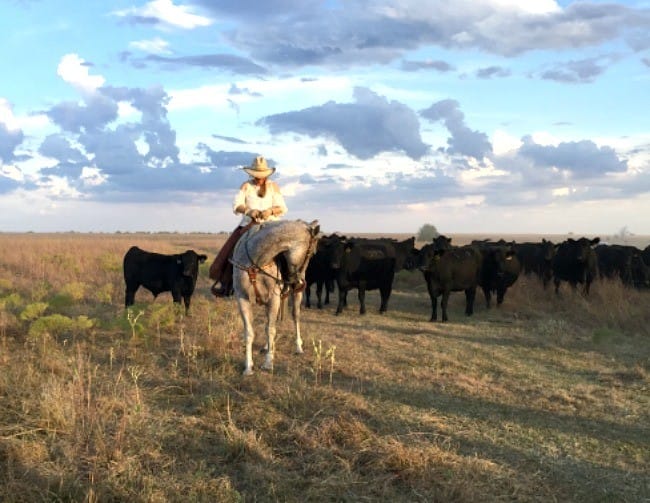
Truly, I have come full circle in my food world through my travels. No matter where I travel, I always need to know more, not only about where I am, but what they are doing. My food journey took a 360 back in October when I traveled to Kansas and spent time on the ranch of the amazing Debbie Lyons-Blythe and then again, when I recently found myself at the farm at Belcampo Belize.
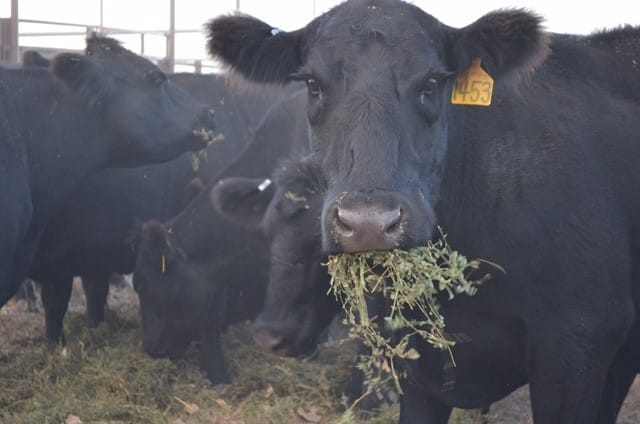
Truth is, we have a huge issue surrounding our food production. The farming and ranching activities most are currently doing are not working, but there are people out there doing it right. They might not be doing the same thing, but they are thinking about it in the same way. And, we need them both to feed the world. What do they have in common? Sustainability.
Now, remember I am not an expert. I am just like you; a consumer. But, I always need to know more and will always share with you what I learn. So, what have I learned? Mostly, that here is a true difference between knowing and not knowing. And, there is a real difference in the assumptions I made about “all” farmers and true stewards of our land that provide us with food.
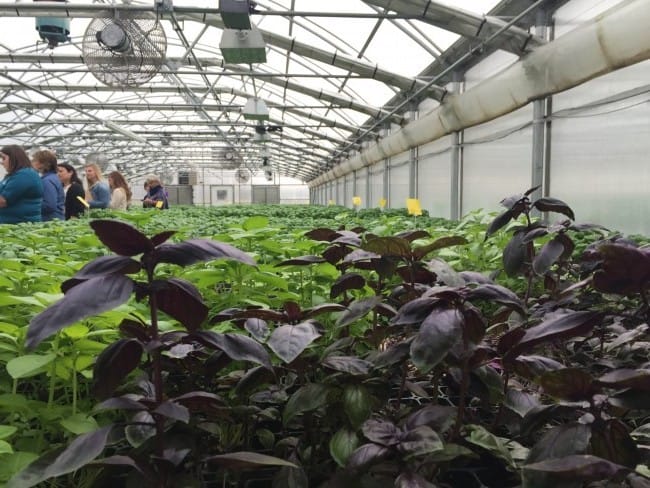
Hydroponic farming in Kansas.
When I went to Kansas last October, I went with a big old attitude about what I would see. My attitude came from the perceptions I had from reading the papers, on-line channels, and social media and from the way I fed my family.
I arrived out on the pasture to see Debbie’s herds; a real calm group of mamas and their calves. The herd had just been gathered and was being released to graze. Debbie opened the pen gate and slowly the herd made its way out. They are social creatures and stayed close to each other, but were very interested in us.
The perception I had of ranchers like Debbie was not of them having herds that looked like a calm group of cows just hanging out. If they are poked and pushed and not treated with a gentle hand, why didn’t they just run to the open field when the gate opened. Truth is, these herds are treated well, very well. They are fed before the family and when everyone else is tucked into bed on a iced over day, the family is out making sure the herd has food and water.
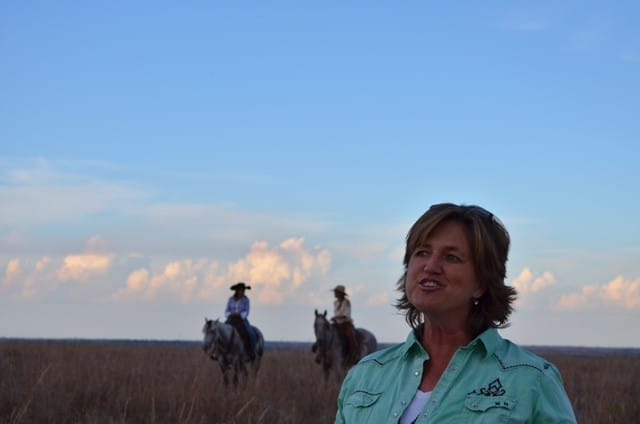
Do I consider Debbie to be a big rancher, yes! She has cattle and she produces cattle as a supply line to other ranchers. But, Debbie does it with a loving hand, as she explains here:
I’ve been a cattle rancher my whole life and I’ve seen some amazing technological changes that can help make caring for the environment and the cattle easier to do more efficiently. But through it all, ranchers still have a firm foundation of providing excellent care to their animals. Today, we use DNA testing to select bulls to mate to certain cows and predict the offspring’s ability to grow and produce high quality meat.
While I use the new technology to make better decisions and increase efficiency and quality, my days are still filled with direct cattle care. That means there is no fancy tool that replaces the rancher taking care of newborn calves, feeding gestating mama cows, or providing food and shelter in a Kansas snowstorm. Ranching is an interesting combination of high tech and old fashioned animal care. I love my job and wouldn’t change it if I could!
A few months later, I found myself at Belcampo Belize. I didn’t pick the location, my husband did, for my love of self-sustained travel. I find the idea of staying at a resort that is focused on sustainability sexy and responsible. He was fishing for 6 days of our stay and he wanted me to enjoy the days while he was on the water; Belcampo was a natural fit.
I spent a day down on the farm with Elon and it was a magical day. But, after what I had learned from the Kansas Farm Bureau, I asked if our first stop could be the hogs. Much like Debbie’s herd, the group was calm and happy even tough it had just been changed. You see, the staff at Belcampo found that what they were doing with the breeding was not working. The “village” hogs they had were not creating a sustainable production. The hogs were taking too long to reach slaughter size.
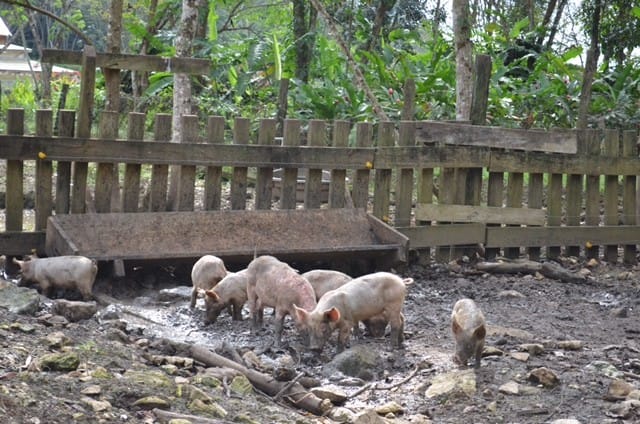
The staff decided to change up the breeding program and traded hogs, acquiring a Mennonite hog from a bit north. They feel with the combination of a village and Mennonite breeding, they will have a more sustainable production. The Belcampo Belize farm staff say:
We are committed to organic and sustainable farming practices, because it’s better for the environment – and it produces the most flavorful fruits and vegetables. We encourage healthy soils through natural methods, including using chicken manure as fertilizer and incorporating cover crops and organic matter back into the ground. Our livestock are able to express their natural behaviors and we do not administer added growth hormones. They’re happy living open and free in our pastures and fields. We want to produce the best product for the Jungle Farm Kitchen and we hope it shows from the farm to the table!
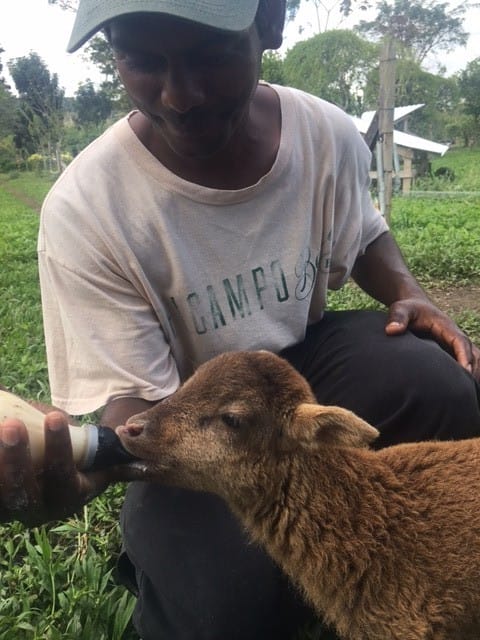
Elon hand feeding Charmin who was rejected by her mother at Belcampo Belize.
You see, big ranchers like Debbie, are often looked down upon because they are using technology to decide who to mate. If you’re like me, you’re thinking they are genetically modifying the cows and that’s crazy. Well, it’s not! It’s sustainable and truth is, it is what the small farmers do, too, like Belcampo with their hog production.
We need Debbie and we need the Belcampo Belize farm staff to meet the needs and wants of the consumers. I will learn more, but I know now from what I’ve learned from Debbie, the Kansas Farm Bureau, and from Belcampo Belize staff is that there is no way we can feed the world without thinking about sustainability. We need Debbie and the Belcampo staff and together we will feed the world in a responsible way. They are doing the same thing, just on a different scale.
I will be heading back to Kansas in May to learn more on my journey to become as educated as I can on how to feed the world, using the best products and in the most sustainable way. Come next March, I will be back at Belcampo (maybe sooner), but until then I will continue my journey…

I am a home cook that does things my way. In my kitchen, I make breakfast, pack lunches, prepare snacks, and cook dinner. During the week, we eat real food that is homemade, organic, and local. On the weekends we do explore more of our local restaurants. I bake my own bread, juice fresh oranges every other day, and make my own kombucha and other weekly favorites.

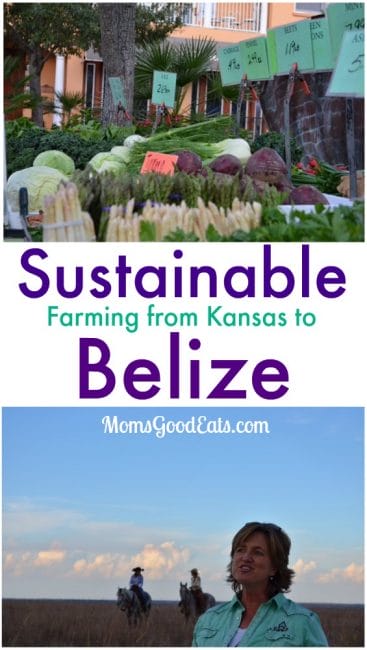

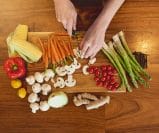
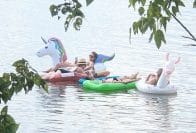

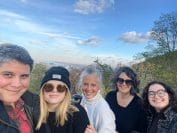
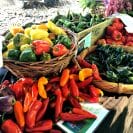






Dana, your willingness to listen as well as your knowledge of food inspires me! Thank you for visiting me and my cows. We will have you back soon!
You couldn’t keep me away. I have so much more to learn!